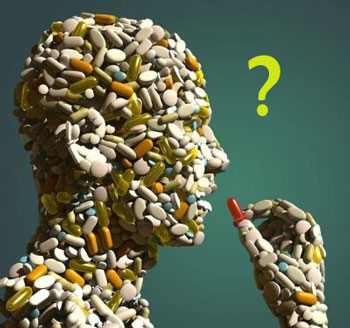
I’m often asked about supplements: where to purchase them or why is it necessary to buy them through recommended manufacturers. I explain that there may be unnecessary fillers (such as a food like rice bran, gluten, soy, corn and even dairy) and even chemicals that can create more harm than good. Even moreso, as a practitioner, I’m concerned about the manufacturing process, especially when the supplements are significantly cheaper than products that are manufactured under strict practices.
In February, 2015, the New York State’s Attorney’s office found that 4 out of 5 supplements tested from Target, Walmart, GNC and Walgreens did not contain any of the herbs listed on their labels!
Walmart offered a gingko biloba, to improve memory, that contained radish, houseplants and wheat even though it stated it was a wheat-free product!
GNC sold products that had unlisted fillers including peanuts, legumes and soybeans. These are highly allergenic foods that can create damaging consequences. Read more here
Unfortunately, these are just two examples of gross negligence sold by major department chain stores. The New York State’s attorney is the first governmental agency to make legal claims against these chain stores which needs to be commended.
It is very important is that you understand that you are potentially creating more harm than good by purchasing and consuming supplements from these major chains. When it comes to your health, please consider investing in manufacturers that have certified their practices.
Please share.
Be well,
Lynn

 July 27th, 2015
July 27th, 2015  Lynn
Lynn  Posted in
Posted in  Tags:
Tags: 

